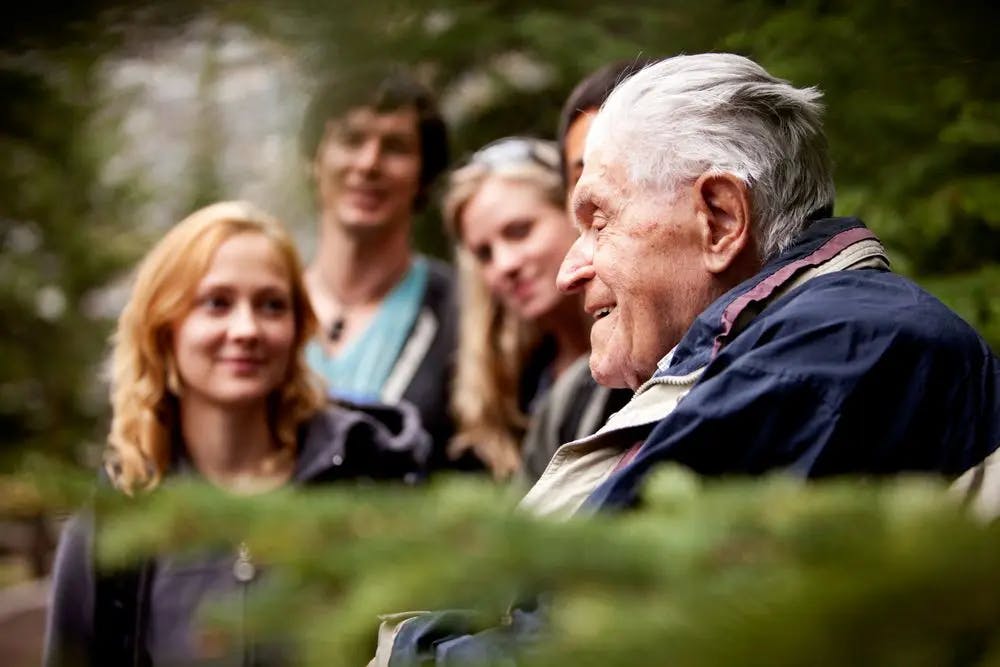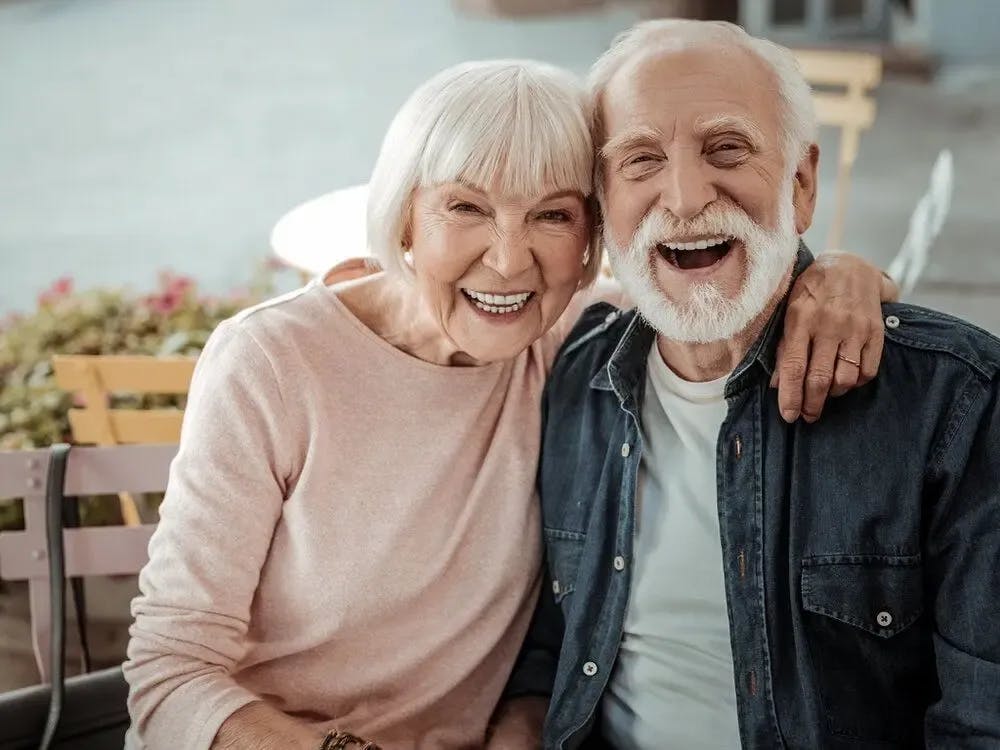#CareCollective
One of our biggest aims is to change the often negative perception that comes with entering elderly adulthood. Our Care Collective guides aim to do exactly that, by providing tips, activities and advice to enhance living in later life.
From providing companionship to older adults through a pen pal scheme, to looking at how we can help elderly people be happy, active and healthy, we're proud of our Care Collective blog section and the role it plays in tackling stereotypes surrounding older adults.
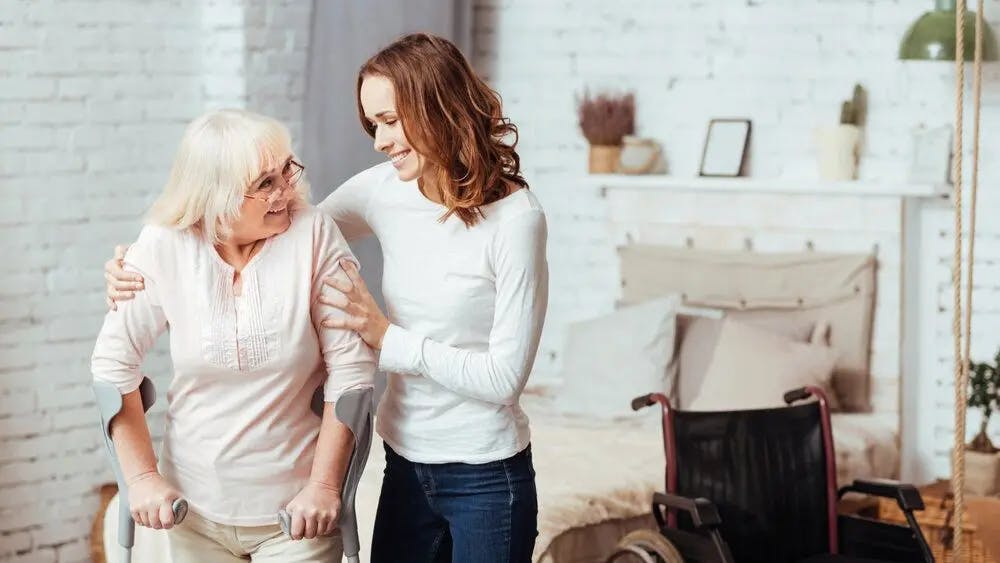
How to Volunteer to Help Elderly People
While loved ones and care homes provide care for the elderly, help is always needed. Read on to learn more about volunteering to help elderly people.
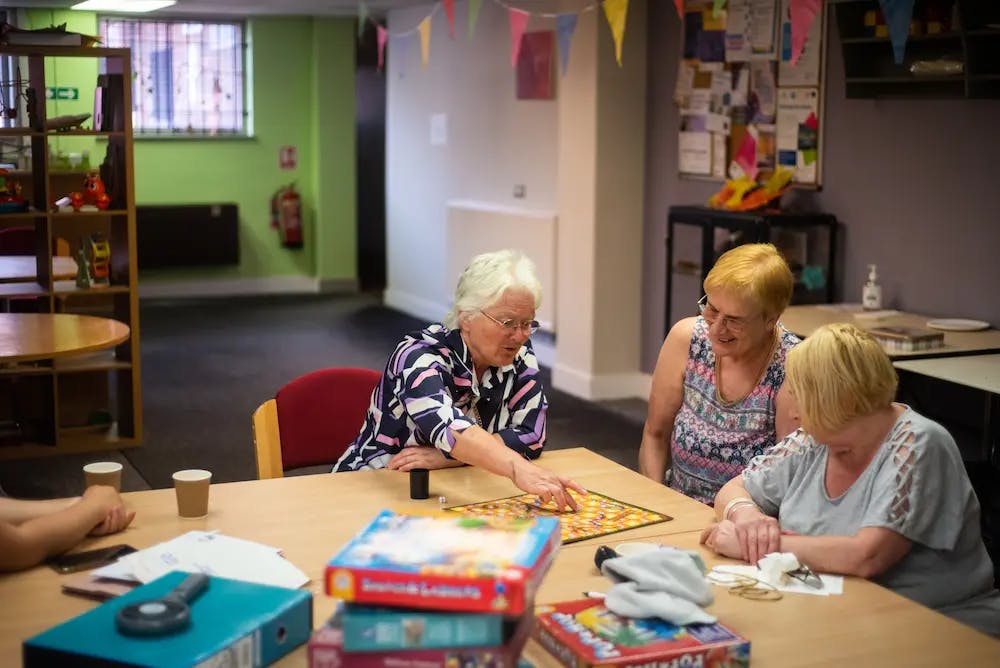
The Best Activities For Over 60s Near You
There are numerous activity groups and activities for over 60s throughout the UK, and we’ve curated some of the very best, with groups across every UK region.
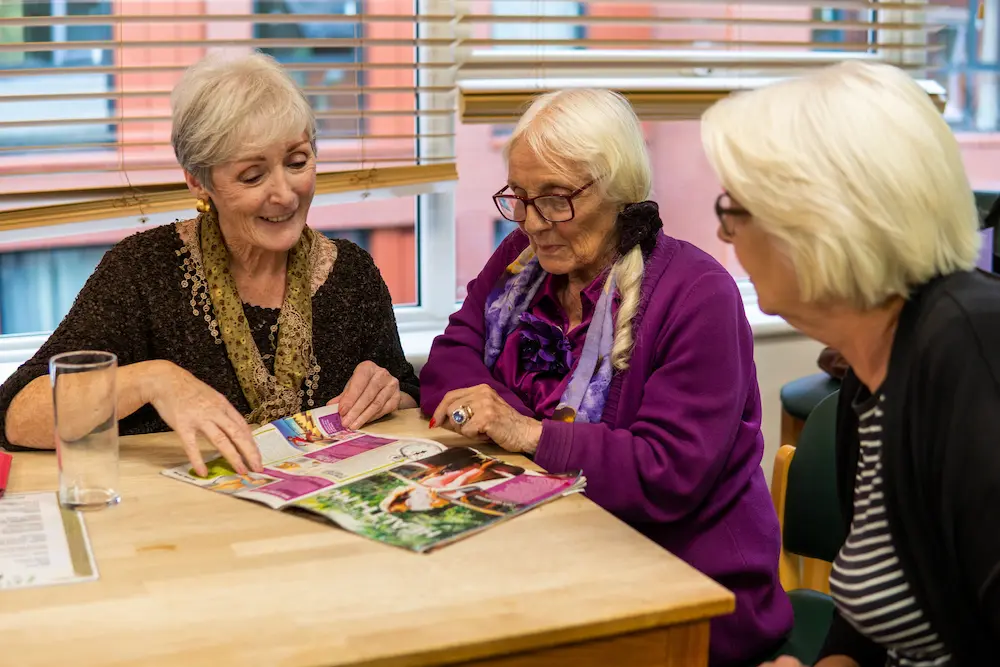
Discounts For Carers: A Complete Round-Up of Exclusive Offers & Discounts
Find discounts for carers here, including free and discounted days out, everyday savings and other support available to carers in the UK.
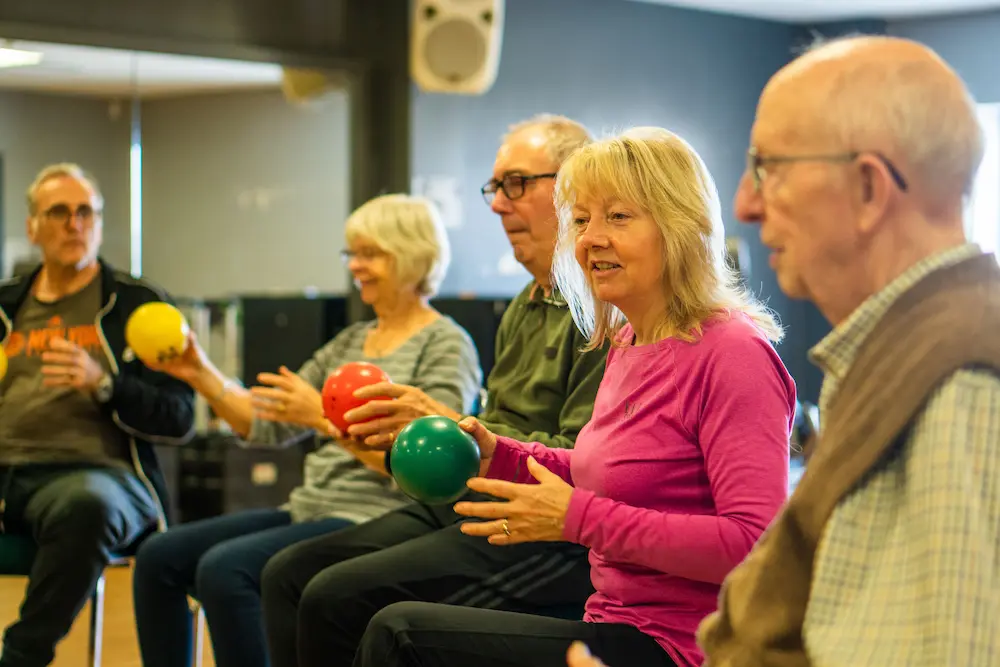
Best Social Groups For Over 50s Near You
Here are some of the best social groups for over 50s. Joining new clubs and societies - whether in-person or online - is a brilliant way to meet new people.
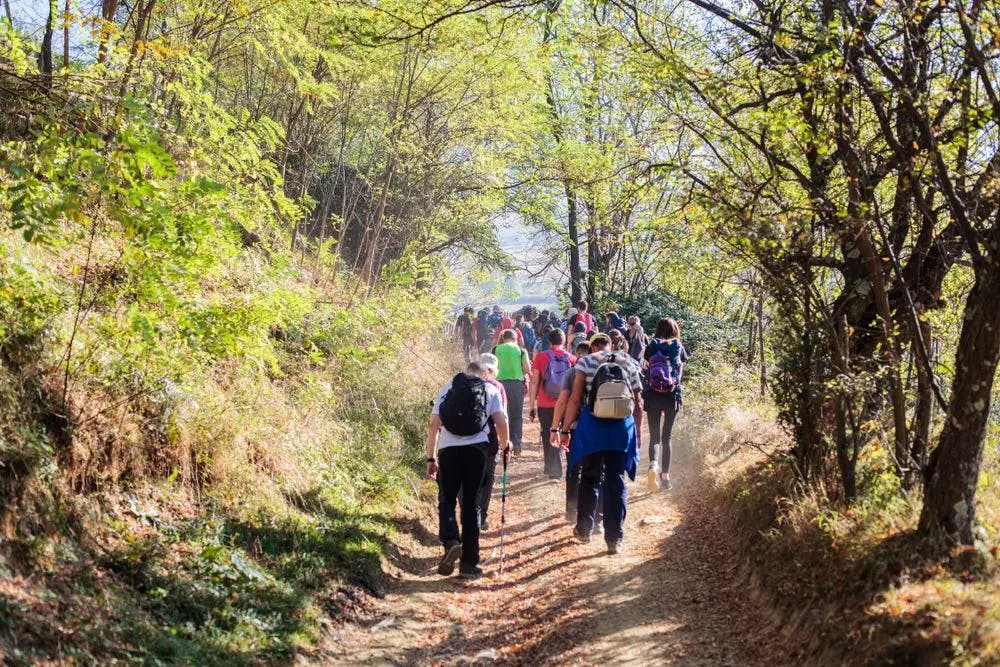
Walking Groups For Over 50s: We've Handpicked The Best Groups Near You
Whatever your age, there’s so much to love about walking. If you don’t fancy walking alone then good news - there are countless walking clubs for older adults.
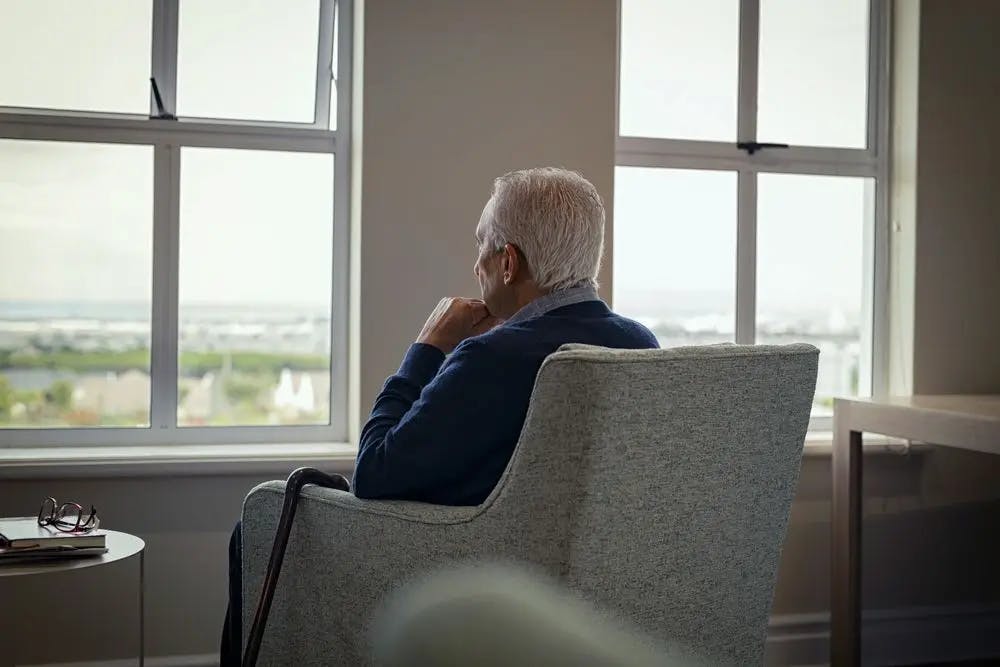
A Sense Of Isolation: Tips And Solutions
We all feel lonely from time to time - but what do you do when you consistently feel lonely and isolated? Read on for our tips and solutions.
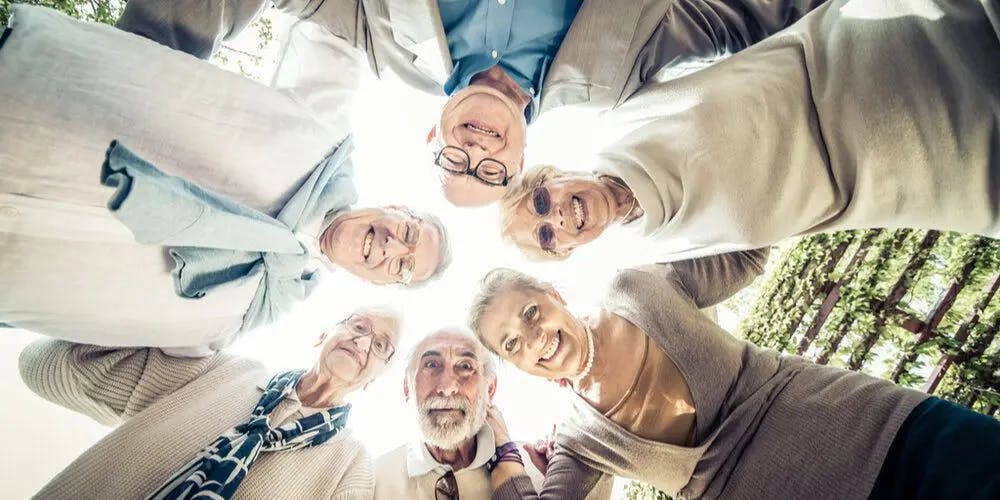
18 Elderly Care Home Entertainment and Activity Ideas
There are plenty of fun and social activities the elderly can take part in! Here are 18 of our favourites.
